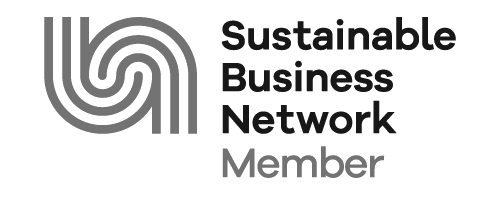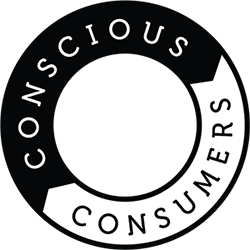Empowered individuals, thriving families
Conscious collaboration, active engagement, reinvestment of profits
Mindfully made in harmony, because we care
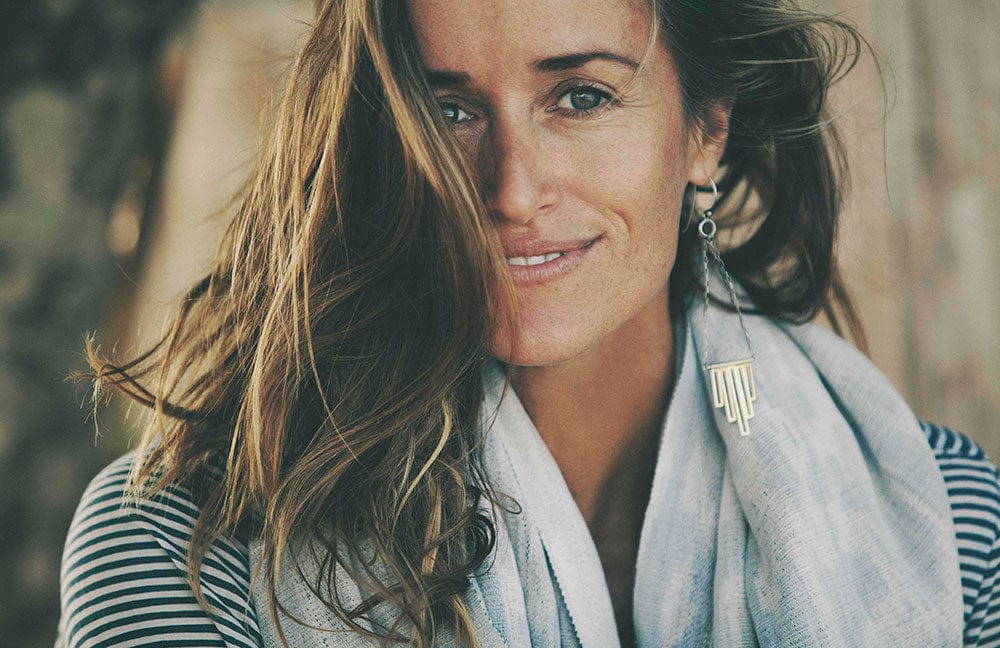
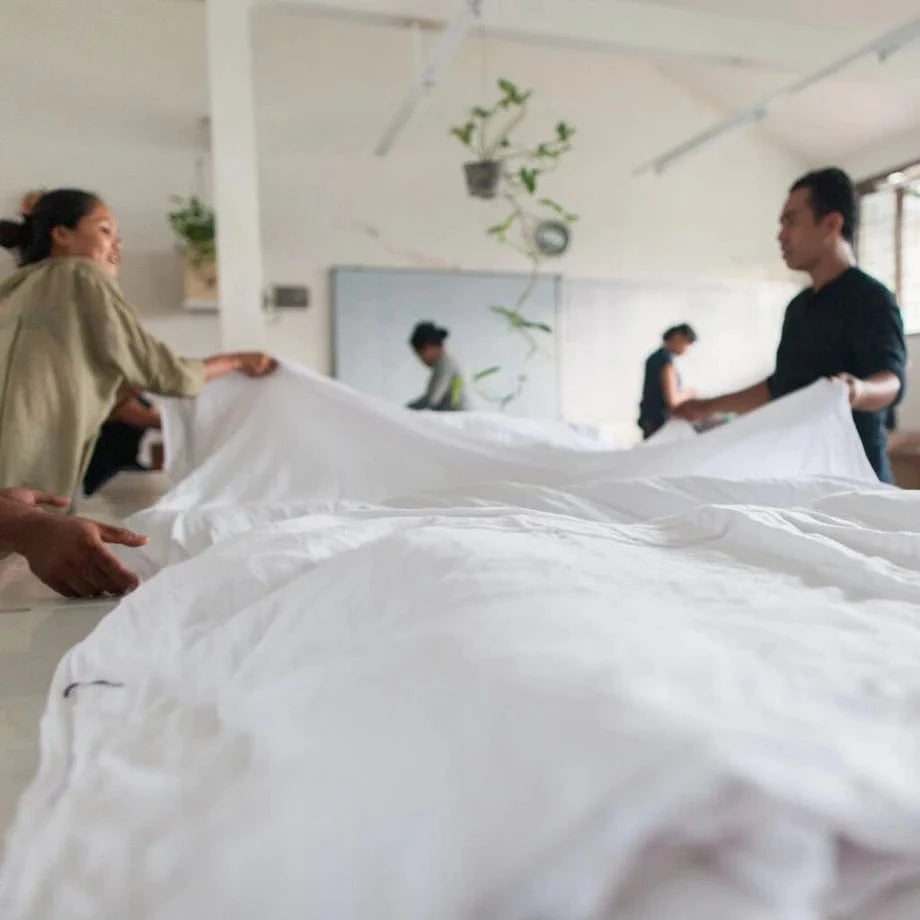
Our life on this planet is both an amazing gift, and a sacred responsibility.
Our goal is to cause no negative impacts on people or the environment from the water or chemicals we use. The fashion industry has been responsible for devastating impacts on people and the environment from its careless use of water and chemicals. We want to help change this.
Read about this in our WE-AR Sustainability Strategy
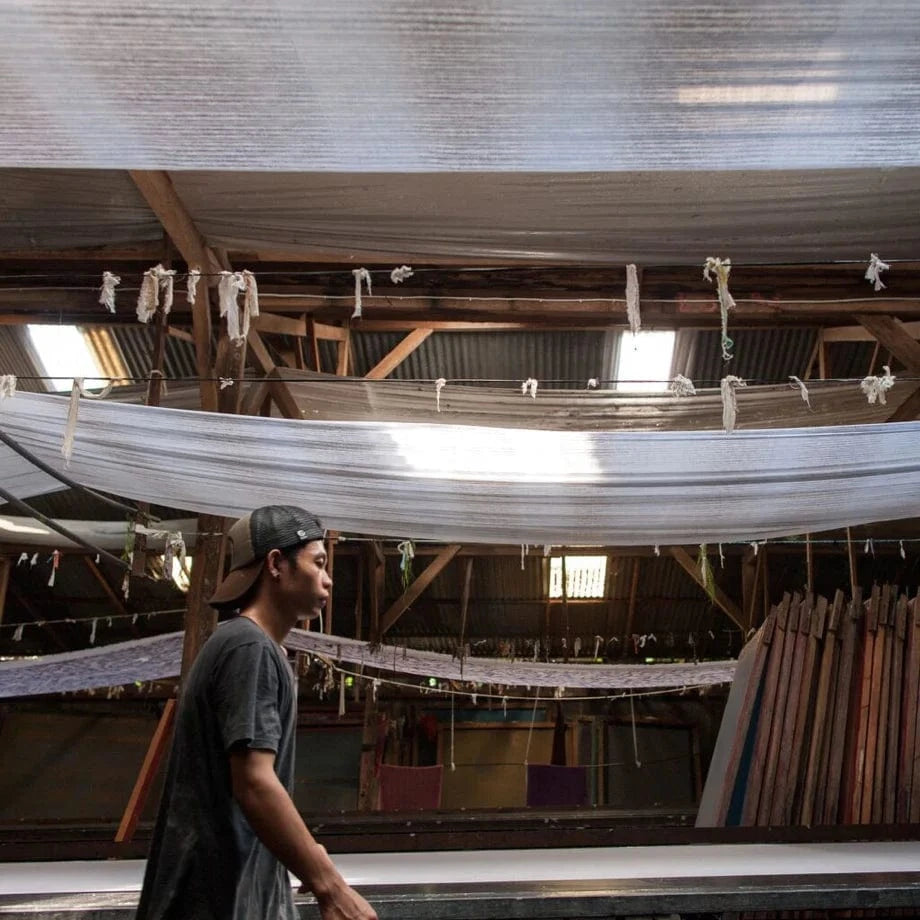
We carefully select textiles for all our garments, including our organic yoga clothing, that feel good against the skin, perform well, are of good quality and are good for the environment.
Our goal is to produce high quality garments from materials that align with our values in supporting the health of the planet and people.
Using environmentally friendly materials that have longevity and perform well is fundamental to our brand.
To help with the selection process, we have developed a preferred materials list based on a rigorous life-cycle analysis that considers the environmental, health, and social impact of the growth and processing of plants, fibers, and textiles. We are always looking for new textile solutions to meet our design and sustainability needs and we continue to increase our use of preferred materials with every collection.
We are living in the midst of a biodiversity crisis, and at WE-AR we care deeply about our impact on the lives of other beings. We want to use our production process to actively restore biodiversity and the health of our environment while reducing our impacts. Read about this in our Sustainability Strategy.
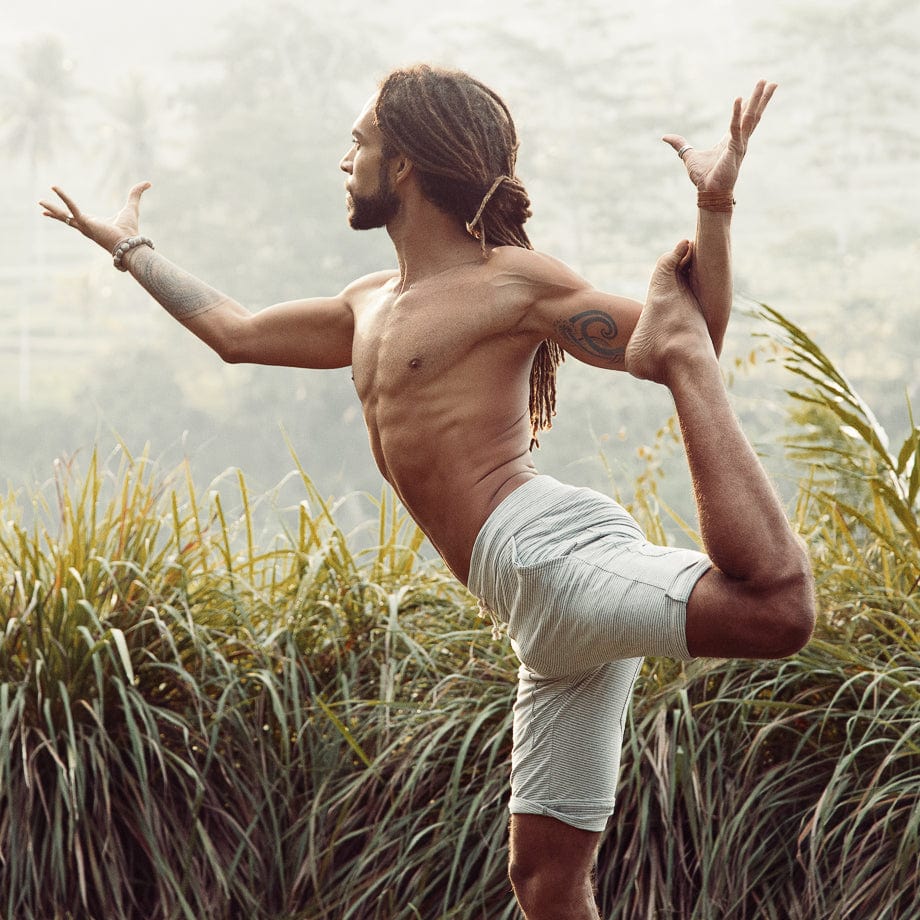
Some super-stars on our list:
Linen is made from the natural fibres of the flax plant and has a low environmental impact as it requires very little water, energy and no chemicals to grow. It requires very little processing to become soft and supple and needs no bleaching before it is dyed.
Sustainable Lyocells such as Lenzing's viscose, EcoVero, modal, and Tencel, offer luxurious softness and silk-like textures. These textiles are crafted through a closed-loop process, using wood pulp sourced from responsibly managed forests
Ultrafine Merino Wool and Cashmere. All of our wool comes from sheep and goats that have been exposed to no chemicals, including pesticides and parasiticides. The animals are kept in humane conditions with farm management practices that respect natural resources and limit their environmental impacts.
Alpaca herds offer gentle impact on the land, fostering sustainable habitats without disrupting fragile ecologies or grass root systems like some other herds. Their minimal water consumption and nutrient-rich waste make them valuable contributors to soil fertility.

